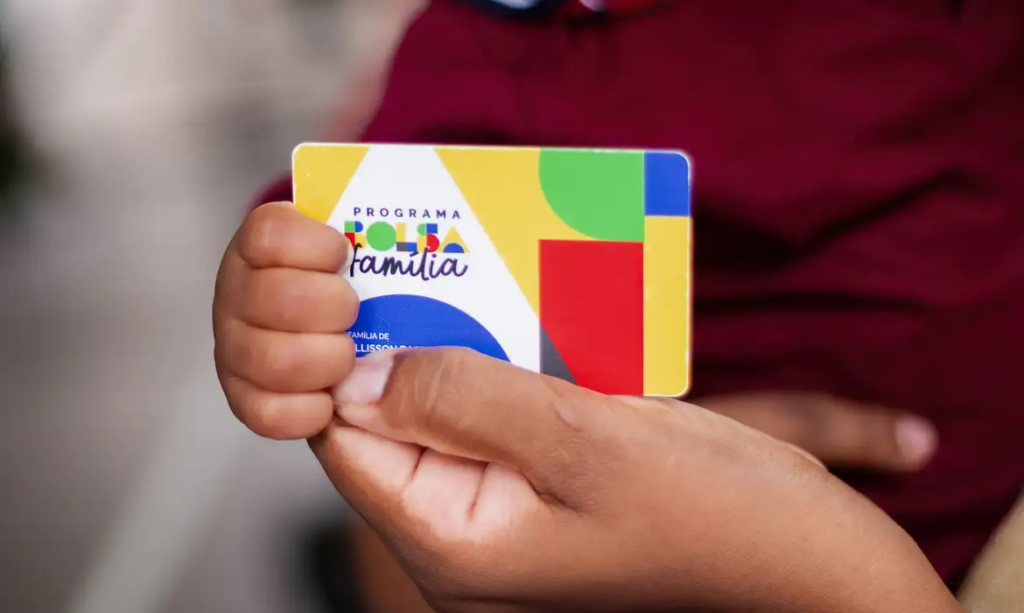Bolsa Família is one of Brazil's most important social programs, benefiting millions of economically vulnerable families. However, many questions arise surrounding this program, including whether it is retroactive.
What is Bolsa Família?
Bolsa Família is an income transfer program created by the federal government in 2003 to combat poverty and social inequality in the country. It provides monthly financial benefits to families living in extreme poverty or poverty, provided they meet certain government-established criteria.
How does Bolsa Família work?
The Bolsa Família program operates according to specific criteria of per capita family income and family composition. Families interested in participating must register with the Federal Government's Single Registry for Social Programs (CadÚnico) and await an analysis of their socioeconomic situation.
Does Bolsa Família have retroactive effect?
Bolsa Família, as mentioned previously, is a crucial social program in Brazil, offering financial support to millions of families in situations of economic vulnerability.
One of the most discussed issues surrounding this program is the existence of retroactive benefits, that is, the possibility of receiving retroactive benefits from the date on which families met the established criteria, even if they were not previously registered.
1. What is retroactive?
In the context of Bolsa Família, retroactive benefits refer to the payment of delayed benefits from the time the family qualified for the program but was not yet registered. This means that if a family meets the eligibility criteria for Bolsa Família but did not enroll immediately, they can still receive retroactive benefits corresponding to the period in which they were eligible.
2. How do I request retroactive payment?
Although Bolsa Família benefits are retroactive, it's important to note that this payment isn't automatic. Families wishing to receive retroactive benefits must submit a request to the appropriate agencies, such as Social Assistance Reference Centers (CRAS) or municipal governments.

The application process typically involves completing a specific form, providing detailed information about family composition, per capita income, and other relevant data. Interested families should seek guidance from the appropriate agencies to ensure they meet all the requirements and procedures necessary to request retroactive Bolsa Família benefits.
3. Why is retroactive important?
The Bolsa Família program's retroactive benefits play a key role in guaranteeing the rights of economically vulnerable families. These families may often be unaware of the program or may face difficulties in the application process due to issues such as lack of information or limited access to public services.
By allowing retroactive payments, the Bolsa Família program offers these families an opportunity to receive the financial support they are entitled to, even if they did not register immediately after meeting the eligibility criteria. This helps reduce social inequality and promote the economic inclusion of the most vulnerable families.
Instrument to combat poverty
Since its inception in 2003, Bolsa Família has been recognized as one of the main instruments for combating poverty in Brazil. Its innovative approach to conditional cash transfers has demonstrated significant impacts in reducing poverty and social inequality throughout the country.
1. Reduction of extreme poverty
One of Bolsa Família's most notable achievements is its contribution to reducing extreme poverty in Brazil. By providing monthly financial support to the neediest families, the program helps ensure they have access to food, housing, and other basic resources essential for survival. This is especially crucial in regions where extreme poverty is widespread and living conditions are precarious.
2. Encouragement of education and health
Bolsa Família also acts as an incentive for beneficiary families to meet the program's educational and health-related conditions. To continue receiving benefits, families must ensure their children are enrolled in school and regularly attending classes, as well as keeping their vaccinations and medical appointments up to date.
This approach not only improves access to education and healthcare, but also helps break the intergenerational cycle of poverty by investing in the development of children and adolescents.
3. Promoting social inclusion
In addition to alleviating material poverty, Bolsa Família plays an important role in promoting the social inclusion of the most vulnerable families.
By providing regular financial support, the program enables these families to participate more fully in the country's economic and social life, reducing the isolation and marginalization that often accompany poverty. This can have long-term positive effects on these families' self-esteem, self-confidence, and sense of belonging in the community.
4. Combating income inequality
Finally, Bolsa Família plays a crucial role in combating income inequality in Brazil. By directing resources to the poorest and most vulnerable families, the program helps reduce disparities between social strata and promote a more equitable distribution of national wealth.
This is essential to ensure that all citizens have a fair opportunity to prosper and contribute to the country's economic and social development.
It is essential that families are aware of their rights and seek the necessary information to ensure access to the benefits to which they are entitled.
See also: Employment in Times of Crisis: Strategies for Finding Opportunities
May 6, 2024
Graduated in Literature – Portuguese/English, and creator of the website Successful Writer, seeks to expand everyone's knowledge with relevant information on a variety of topics, as a writer. At Vaga de Emprego RJ, she provides opportunities and tips on the job market.